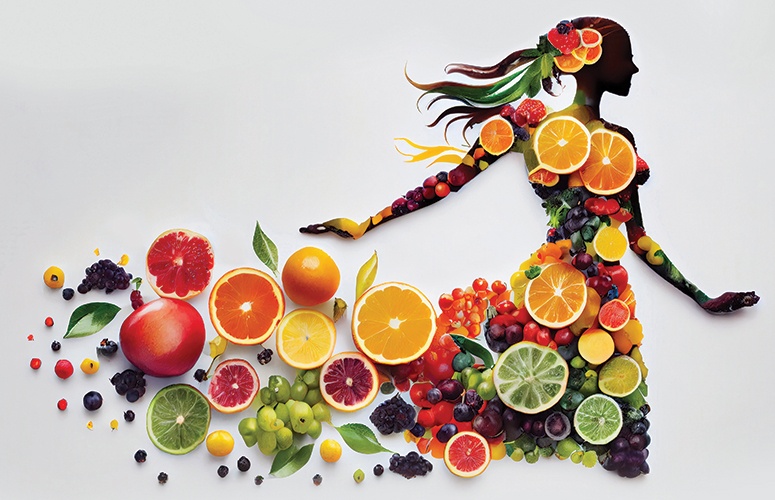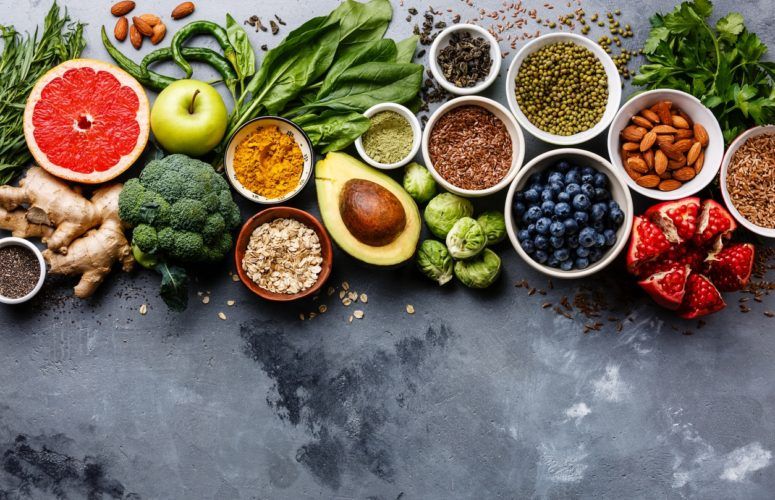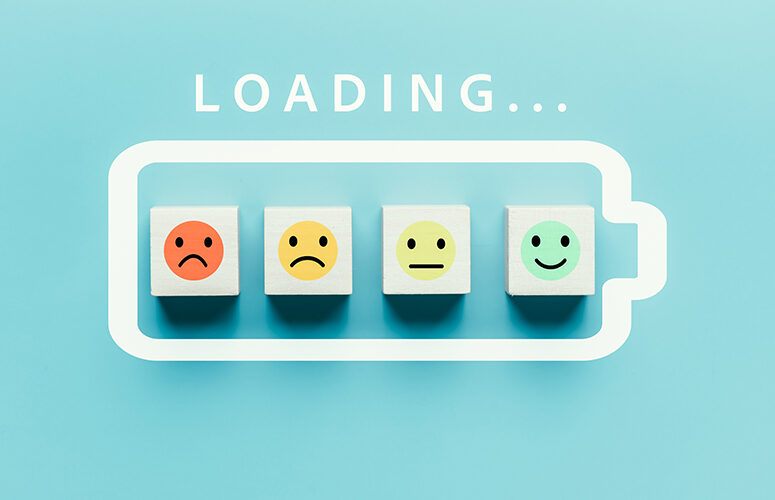
Can What You Eat Affect Your Mental Health or Mood?
Healthy Living
By Nicole Fuller On Dec 12, 2023Fruits and vegetables: Both fruits and vegetables are loaded with essential vitamins and minerals, which are important for a healthy brain. Attempt to make half your plate veggies at lunch and dinner. You can also snack on fruit instead of processed or packaged snacks.
Healthy fats: Try to choose unsaturated fats over saturated and trans-saturated fats. Unsaturated fats, commonly referred to as “healthy fats,” include avocados, nuts, seeds, olive oil, and oily fish, such as salmon.
Lean protein: Include lean protein with each meal as often as possible. Lean protein choices include chicken, turkey, fish, and eggs, as well as plant-based proteins, such as beans, all-natural nut butters, nuts, tofu and quinoa.
Whole grains and complex carbohydrates: These include brown rice, quinoa, oatmeal, whole wheat or whole grain bread, whole wheat pasta, potatoes, starchy veggies, and legumes. These foods provide many important vitamins, minerals, fiber, and energy to support brain health.
About the Author: Nicole Fuller, RDN, is a registered dietitian nutritionist at The Valley Hospital. To learn more about nutrition counseling at Valley, please visit ValleyHealth.com/Nutrition.
To access more business news, visit NJB News Now.
Related Articles:





